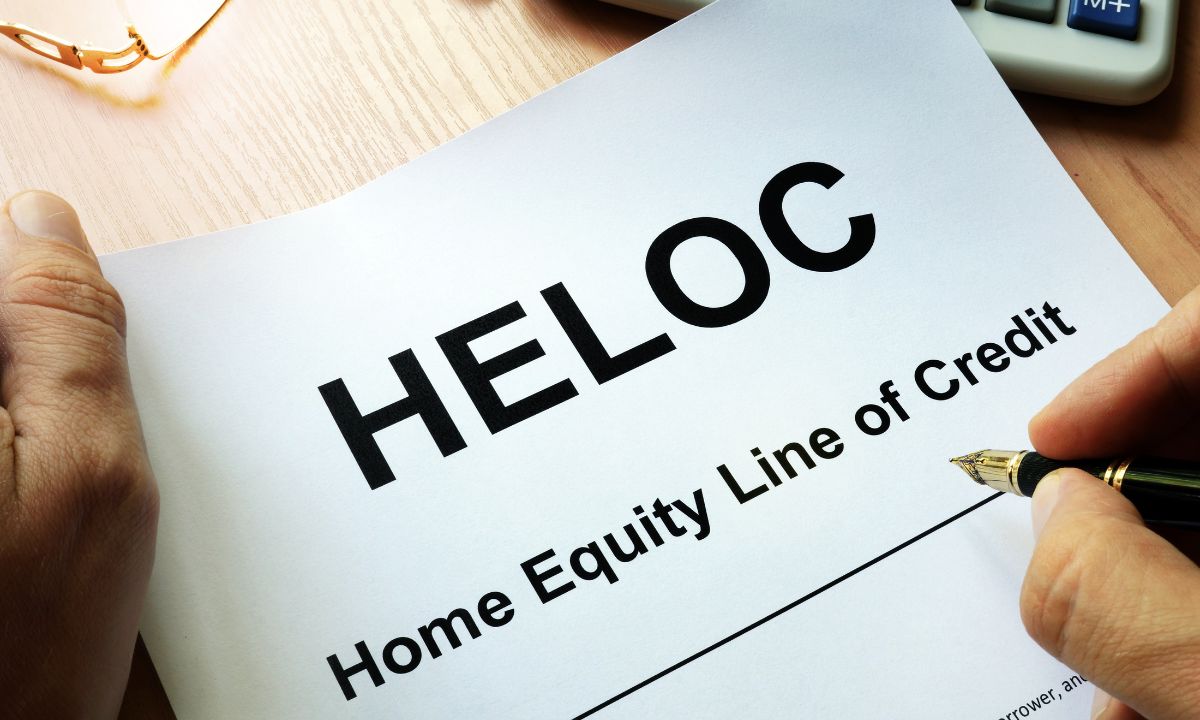 Are you ready to start the journey of acquiring your dream home? One of the most exhilarating yet daunting steps in this process is negotiating the deal. Whether you’re a first-time buyer or a seasoned investor, mastering the art of negotiation can make all the difference in securing your dream home at the best possible price. In this guide, we’ll explore some effective real estate negotiation strategies to help you navigate this crucial phase with confidence.
Are you ready to start the journey of acquiring your dream home? One of the most exhilarating yet daunting steps in this process is negotiating the deal. Whether you’re a first-time buyer or a seasoned investor, mastering the art of negotiation can make all the difference in securing your dream home at the best possible price. In this guide, we’ll explore some effective real estate negotiation strategies to help you navigate this crucial phase with confidence.
Research, Research, Research: Before diving into negotiations, arm yourself with knowledge. Research the local real estate market, recent sale prices of similar properties in the area, and any specific factors that may affect property values. Understanding the market trends and dynamics will empower you to make informed decisions during negotiations.
Set Your Budget and Stick to It: Determine your budget beforehand and be firm about your financial limits. Factor in not only the purchase price but also additional costs such as closing fees, inspection costs, and potential repairs or renovations. Having a clear budget in mind will prevent you from overspending in the heat of negotiations.
Build a Strong Relationship with the Seller: Establishing a positive rapport with the seller can greatly influence the negotiation process. Be courteous, respectful, and transparent in your communications. Express genuine interest in the property and highlight what makes it your dream home. Building trust with the seller may increase their willingness to accommodate your terms.
Identify Your Priorities and Flexibility: Determine your non-negotiables and areas where you’re willing to compromise. Prioritize aspects of the deal that are most important to you, whether it’s the price, closing timeline, or the inclusion of certain appliances or furnishings. Being flexible on less critical terms can create opportunities for mutual agreement and a smoother negotiation process.
Know When to Walk Away: While it’s natural to feel emotionally invested in your dream home, it’s essential to know when to walk away from a negotiation that isn’t working in your favor. Set clear boundaries and be prepared to walk away if the terms do not align with your objectives or if the seller is unwilling to negotiate reasonably. Sometimes, walking away can lead to a better deal elsewhere.
Utilize Professional Representation: Consider enlisting the services of a qualified real estate agent or attorney to represent your interests during negotiations. Experienced professionals can offer invaluable advice, handle negotiations on your behalf, and navigate any legal complexities that may arise. Their expertise can often result in more favorable terms and a smoother transaction overall.
Be Prepared to Counteroffer: It’s rare for the initial offer to be accepted outright, so be prepared to engage in back-and-forth negotiations. When presenting a counteroffer, focus on specific points of contention and offer solutions that are fair to both parties. Maintain open communication with the seller and be patient throughout the negotiation process.
Stay Calm and Professional: Negotiations can sometimes become tense or emotionally charged, but it’s essential to remain calm, composed, and professional at all times. Avoid making impulsive decisions or engaging in confrontational behavior that could derail the negotiation process. A calm and respectful demeanor can help foster constructive dialogue and lead to a successful outcome.
Remember, negotiation is a skill that improves with practice, so don’t be discouraged if it takes time to master. With patience, diligence, and a strategic approach, you’ll be well-equipped to navigate the complexities of real estate negotiations and achieve your homeownership goals.
 Buying a home is one of the most significant investments you’ll ever make. It’s not just about finding the right location or the perfect layout; it’s also about understanding the property’s history. Knowing the ins and outs of a home’s past can save you from potential headaches down the road. So, how can you research a property’s history before making the big decision? Let’s look at the steps you can take:
Buying a home is one of the most significant investments you’ll ever make. It’s not just about finding the right location or the perfect layout; it’s also about understanding the property’s history. Knowing the ins and outs of a home’s past can save you from potential headaches down the road. So, how can you research a property’s history before making the big decision? Let’s look at the steps you can take: Divorce or separation is a challenging time, and amidst the emotional and logistical complexities, handling mortgage issues can add another layer of stress. For many couples, their home represents not just a financial investment but a symbol of stability and security. However, when relationships break down, decisions about homeownership become crucial. Here is some guidance on how to navigate mortgages during a divorce or separation.
Divorce or separation is a challenging time, and amidst the emotional and logistical complexities, handling mortgage issues can add another layer of stress. For many couples, their home represents not just a financial investment but a symbol of stability and security. However, when relationships break down, decisions about homeownership become crucial. Here is some guidance on how to navigate mortgages during a divorce or separation. Welcome to our consumer blog, where we delve into the finer details of real estate and homeownership. Today, we’re exploring the enticing realm of gated communities and why they might just be the perfect fit for your next home purchase.
Welcome to our consumer blog, where we delve into the finer details of real estate and homeownership. Today, we’re exploring the enticing realm of gated communities and why they might just be the perfect fit for your next home purchase. Home equity loans and Home Equity Lines of Credit (HELOCs) are two avenues through which homeowners can tap into this valuable asset. Understanding the differences between them is crucial for making informed financial decisions. We will review the intricacies of these financial products, exploring how they work and helping you determine which might be the better fit for your needs.
Home equity loans and Home Equity Lines of Credit (HELOCs) are two avenues through which homeowners can tap into this valuable asset. Understanding the differences between them is crucial for making informed financial decisions. We will review the intricacies of these financial products, exploring how they work and helping you determine which might be the better fit for your needs. Are you in the market for a new home? Have you considered the allure of a fixer-upper? While the idea of purchasing a home that needs a bit of TLC might seem daunting at first, numerous benefits come with this type of investment. We will plunge into the exciting world of fixer-uppers and uncover why they might just be the perfect choice for you.
Are you in the market for a new home? Have you considered the allure of a fixer-upper? While the idea of purchasing a home that needs a bit of TLC might seem daunting at first, numerous benefits come with this type of investment. We will plunge into the exciting world of fixer-uppers and uncover why they might just be the perfect choice for you.